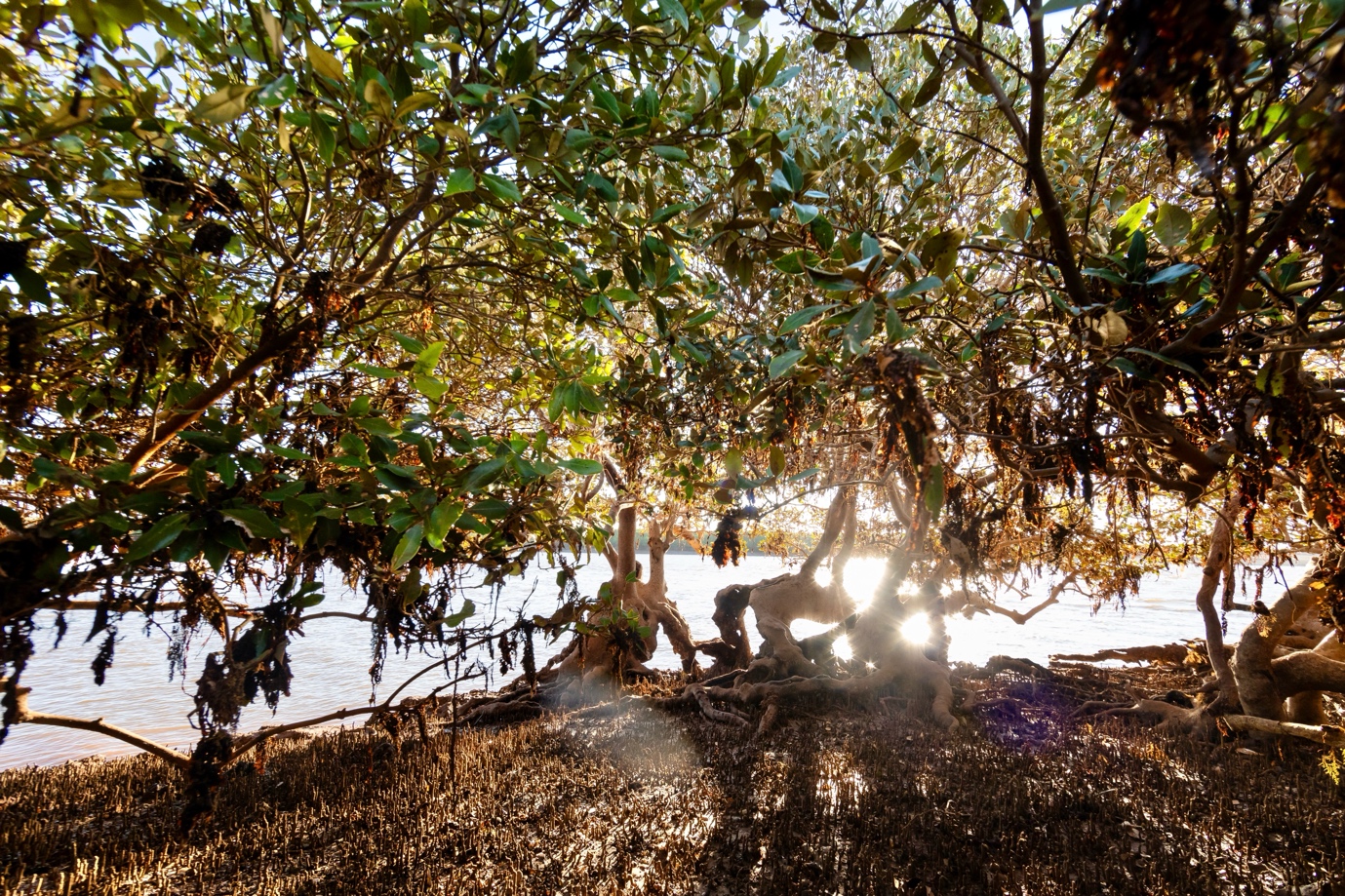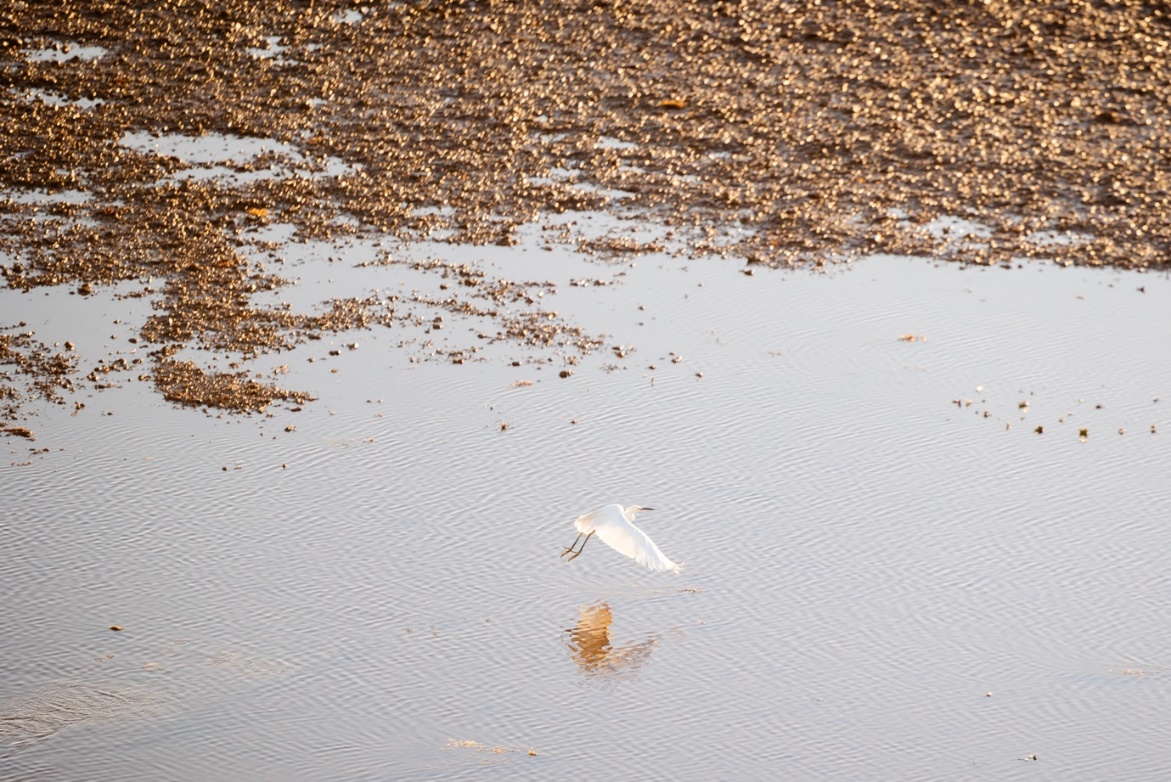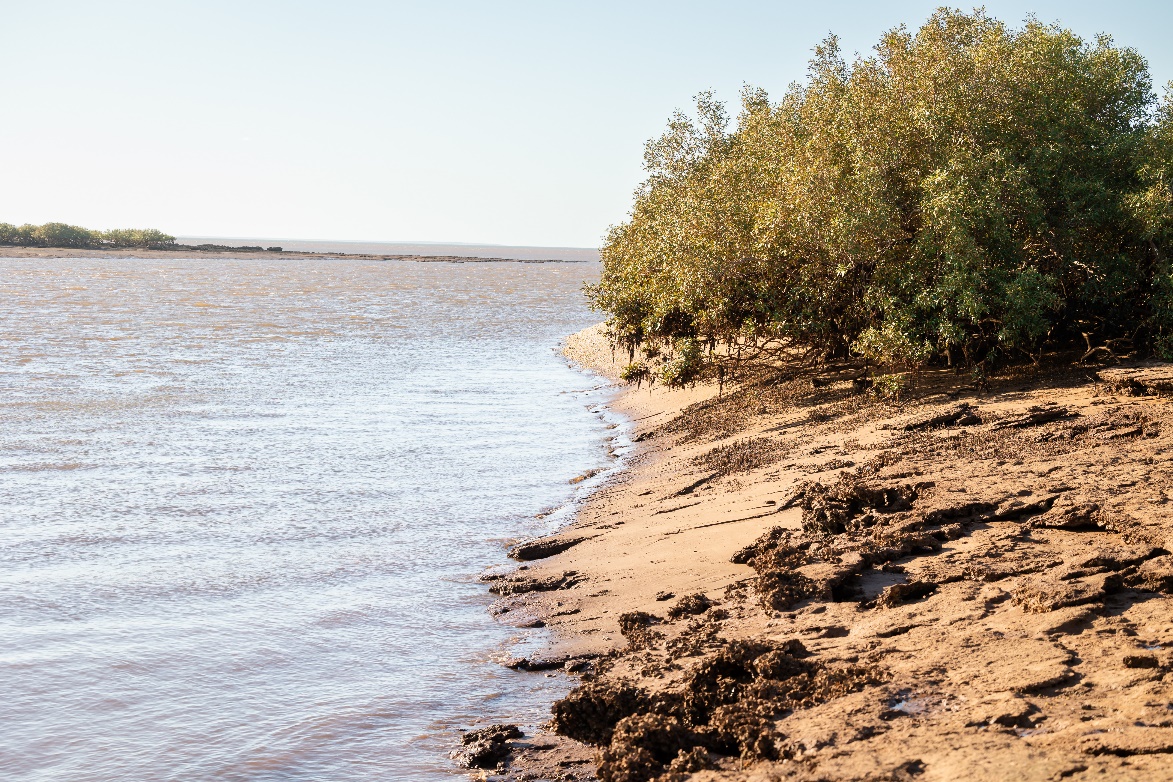
BCI Minerals celebrates another big milestone by securing approval from the Commonwealth Government for its Research Summary Offsets Plan (RSOP). This brings the Company another step closer to commencing operations at its Australian-first project in the Pilbara – the Mardie Salt and Potash Project.
Under the RSOP, BCI Minerals will allocate more than $2.5 million towards regional-scale flora studies and over $675,000 for research on threatened fauna along the Pilbara coastline.
These research initiatives, conducted in partnership with the Western Australian Marine Science Institute as part of the Mardie Project, aim to collect crucial ecological data that will inform strategic conservation efforts in the region.
BCI Minerals Managing Director David Boshoff expressed his gratitude to the Commonwealth Government: “We thank the Commonwealth Government for their thorough and collaborative assessment, and ongoing support of our Mardie Project.
“This approval is a testament to our dedication to environmental protection and management, and represents a significant commitment to research in the Pilbara region,” Mr Boshoff said.
The research initiatives will complement the Company’s ongoing monitoring and management programs for migratory birds, turtles, mangroves, and other flora and fauna in the area.
BCI Minerals’ investment in environmental protection ensures a positive contribution to the ongoing prosperity of the Pilbara region’s unique ecosystem.


“This approval from the Commonwealth Government is an addition to the approvals we have already received from the Western Australian Government and forms part of the requirement to commence operations at the Mardie Project,” Mr Boshoff said.
“We now await final approvals from the Commonwealth Government before we can start filling the evaporation ponds.”
BCI Minerals’ proactive approach to environmental stewardship underscores its commitment to sustainably developing Western Australian industry. The Company’s efforts in the Pilbara are poised to contribute significantly to regional conservation initiatives, fostering a sustainable future for both the industry and the environment.
